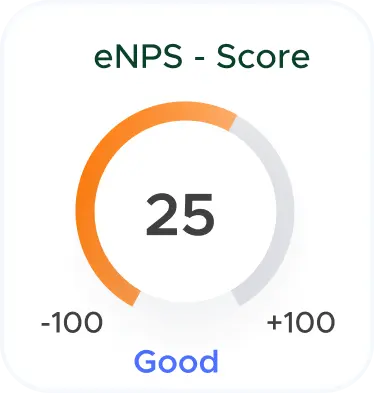How to appraise staff performance?
This is how to do staff appraisals:
- Menetapkan harapan yang jelas
- Choose an appraisal method
- Conduct the appraisal meeting
- Document the appraisal
- Tindak lanjut
- Provide training and development
1. Set clear expectations: Begin by establishing clear performance expectations and goals for each employee. These expectations should be aligned with the employee's job description and the organization's objectives. Employees should have a clear understanding of what is expected of them.
2. Choose an appraisal method: Select an appropriate appraisal method or a combination of methods. Common methods include:
- Managerial Appraisal: Direct supervisors assess the employee's performance.
- Self-Appraisal: Employees evaluate their own performance.
- Peer Appraisal: Colleagues or team members provide feedback.
- 360-Degree Feedback: Feedback is collected from multiple sources, including managers, peers, subordinates, and customers.
3. Conduct the appraisal meeting: Schedule a face-to-face meeting with the employee to discuss the appraisal results. During the meeting:
- Review performance data: Share the collected data and provide a balanced assessment of strengths and areas for improvement.
- Set goals: Collaboratively establish performance goals and objectives for the upcoming appraisal period.
- Offer feedback: Provide specific and constructive feedback on the employee's performance and behavior.
- Acknowledge achievements: Recognize and commend the employee for their achievements and contributions.
- Discuss development: Identify areas where the employee can develop new skills or knowledge and discuss training or development opportunities.
4. Document the appraisal: Maintain a record of the appraisal meeting, including the discussion points, agreed-upon goals, and action plans. Both the employee and the manager should sign the document as a formal record.
5. Follow-up: Regularly follow up with employees to monitor progress toward their goals and provide ongoing feedback and support. This ensures that employees have the resources they need to succeed.
6. Provide training and development: Based on the appraisal results, offer training, coaching, or mentoring to help employees improve in areas where they may be lacking.

.svg)













.svg)



.svg)
.svg)